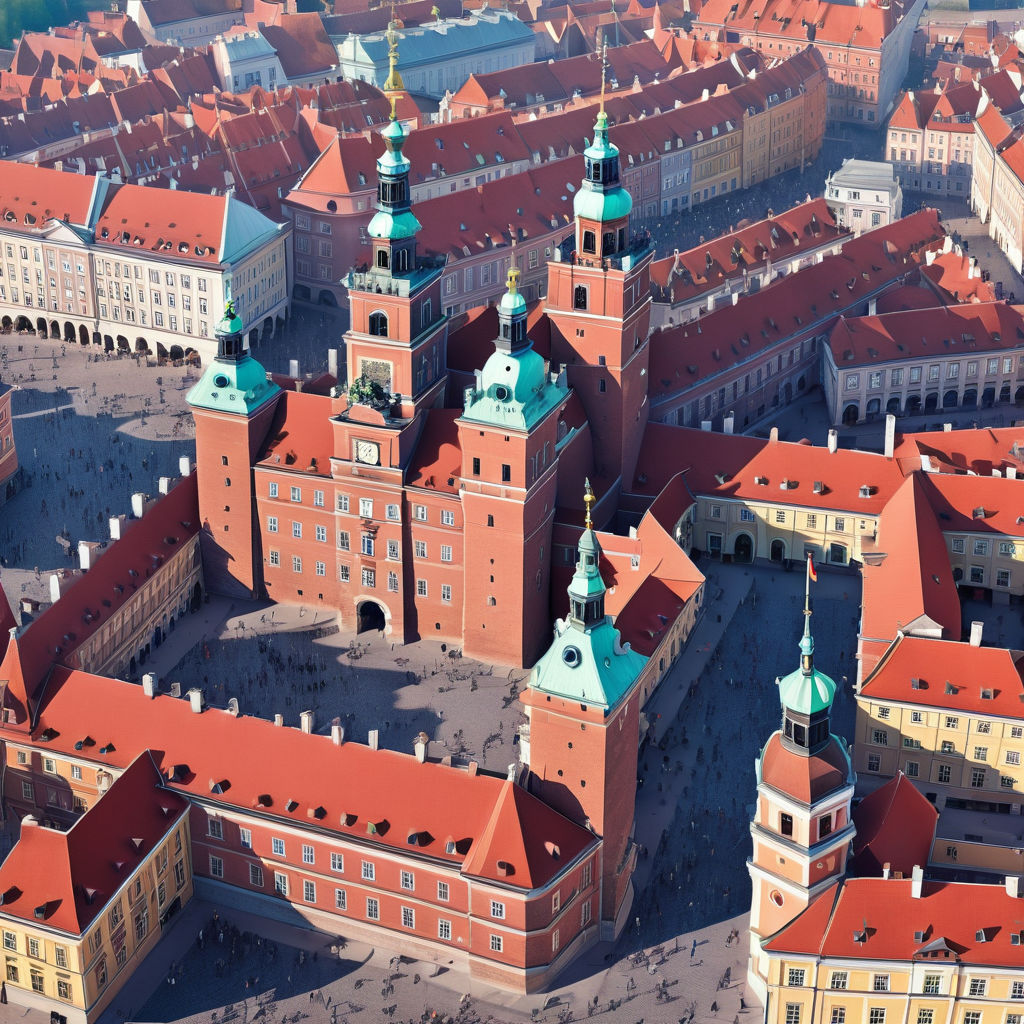Discover Poland: Rich Heritage, Cultural Dynamics, and Global Engagement
Exploring Poland's Rich Cultural Heritage, Social Interactions, and Cross-cultural Understanding

Introduction to Poland
Poland, officially known as the Republic of Poland, is situated in Central Europe. It is bordered by Germany to the west, the Czech Republic and Slovakia to the south, Ukraine and Belarus to the east, and Lithuania and the Baltic Sea to the north. Major cities include Warsaw (the capital), Kraków, Wrocław, Gdańsk, and Poznań. Poland’s rich cultural heritage is a blend of Slavic traditions, Catholic influences, and a complex history involving various European powers. The country is renowned for its medieval architecture, vibrant folk art, classical music, and significant contributions to literature and science.
Cross-national and Cross-cultural Understanding
Poles generally engage with other cultures with a sense of openness, curiosity, and respect. The country’s history of diverse influences has fostered an appreciation for cultural diversity and international cooperation. Poland actively promotes cross-cultural understanding through various initiatives and programs. Significant cultural exchanges and educational programs highlight Poland’s commitment to fostering global engagement. Institutions such as the Adam Mickiewicz Institute and the Polish Cultural Institute promote Polish culture internationally through events, exhibitions, and language courses. Additionally, the government supports scholarships and exchange programs, such as the Erasmus+ program, which facilitates academic and cultural exchanges, fostering mutual understanding. International partnerships also enhance cross-cultural understanding. Poland is an active member of international organizations such as the European Union, NATO, and the United Nations, promoting cultural cooperation and exchange. These partnerships facilitate student exchanges, collaborative research projects, and cultural festivals, strengthening Poland’s cultural ties with the world.
Interactions and Social Dynamics
Interactions between Poles and foreigners are typically characterized by politeness, friendliness, and a strong sense of community. Polish social behaviors are influenced by cultural values such as "gościnność" (hospitality), "rodzina" (family), and "solidarność" (solidarity). These values are often reflected in the way Poles engage with outsiders. Social behaviors in Poland emphasize respect and politeness in initial interactions, quickly becoming more informal and warm. Greetings often involve a handshake or a kiss on the cheek, depending on the level of familiarity and respect. Hospitality is a significant aspect of Polish culture, and guests are often treated with great care and generosity, frequently invited to share meals and participate in social gatherings. Communication styles in Poland are generally direct but polite. Poles value honesty and clarity in communication, often engaging in open and respectful discussions. Non-verbal communication, such as eye contact and body language, plays a significant role in interactions, adding to the overall expressiveness of conversations. Language plays a crucial role in facilitating interactions. Polish is the official language of Poland, while English is widely taught in schools and spoken by many in urban areas, especially in business and academia. Multilingualism is valued and encouraged, especially in educational and professional settings.
Views on Dating and Relationships
Dating and relationships between Poles and foreigners are common and generally viewed positively. Polish society is open-minded about cross-cultural relationships, seeing them as opportunities for cultural exchange and personal growth. However, cultural expectations and traditions can still influence dating dynamics. In Polish dating culture, there is often an emphasis on mutual respect, compatibility, and family approval. Relationships are typically pursued with a long-term perspective, and there is a strong focus on emotional connection and shared values. Gender roles can be more traditional, with expectations for men to be providers and protectors, and for women to be nurturing and supportive. Cultural expectations and traditions, such as the importance of family approval and respect for elders, can impact relationships. Understanding and respecting these cultural norms is essential for successful cross-cultural relationships in Poland.
Marriage and Family
Marrying foreigners is widely accepted in Poland, although it comes with certain social and familial considerations. Legal considerations for such marriages are straightforward, with clear regulations for international unions governed by Polish civil law. Socially, Polish families may initially have reservations about cross-cultural marriages due to concerns about cultural differences and social compatibility. However, acceptance typically increases as relationships develop and families get to know the foreign partner. Family plays a central role in Polish culture, and marrying into a Polish family often involves participating in family gatherings and traditions. Common practices in cross-cultural marriages include celebrating both Polish and foreign traditions, creating a blended cultural environment. For example, a couple might celebrate Polish holidays like Christmas Eve (Wigilia) and All Saints’ Day alongside holidays from the foreign partner’s culture.